A BRIEF DESCRIPTION ABOUT THE WAYS OF SILAMBAM
One distinctive feature of Silambam is its emphasis on weapons. Practitioners use a long bamboo staff, known as a “Silambam,” as the primary weapon.
The art includes various techniques, strikes, and forms involving the staff, showcasing both offensive and defensive maneuvers.
Your life of Yoga
with
JOTHISILAMBAM
Yoga with silambam is a hybrid practice that combines the physical and mental benefits of yoga with the martial arts techniques of silambam. It is a relatively new practice, but it has quickly gained popularity due to its many benefits, including
Take a look at the amazing features & ask yourself the question?
Why JOTHISILAMBAM?
Featured Courses
While Silambam has deep historical roots, it has adapted to the modern era. Today, it is practiced not only in its traditional form but also influenced contemporary martial arts.
Efforts are made to preserve and promote Silambam both in India and internationally.
Karlakattai
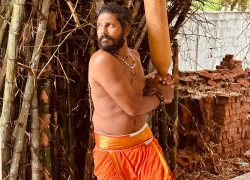
Varmakalai
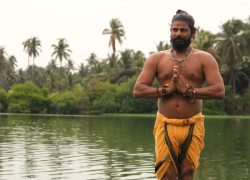
Pudi varisai

SurulSilambam

Gallery
Silambam is a multifaceted martial art with deep historical roots, cultural significance, and a unique focus on weapon-based techniques. Its fluid movements, discipline, and
adaptability contribute to its continued relevance in both traditional and contemporary settings.
Memories
We at JOTHISILAMBAM provide various services to the nature of the clients. Wish how you would like to spend the time here we can talk and come to a conclusion.
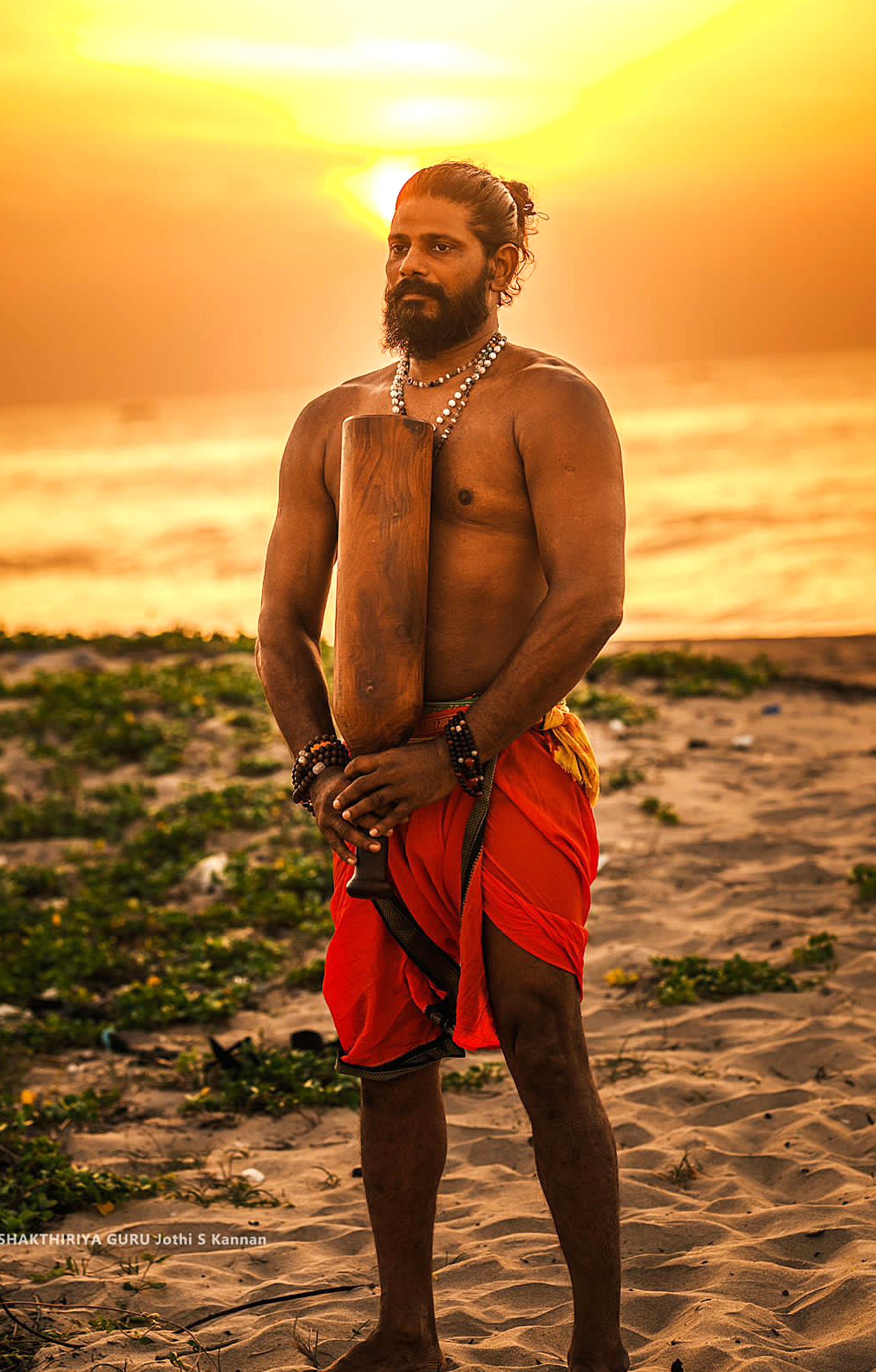
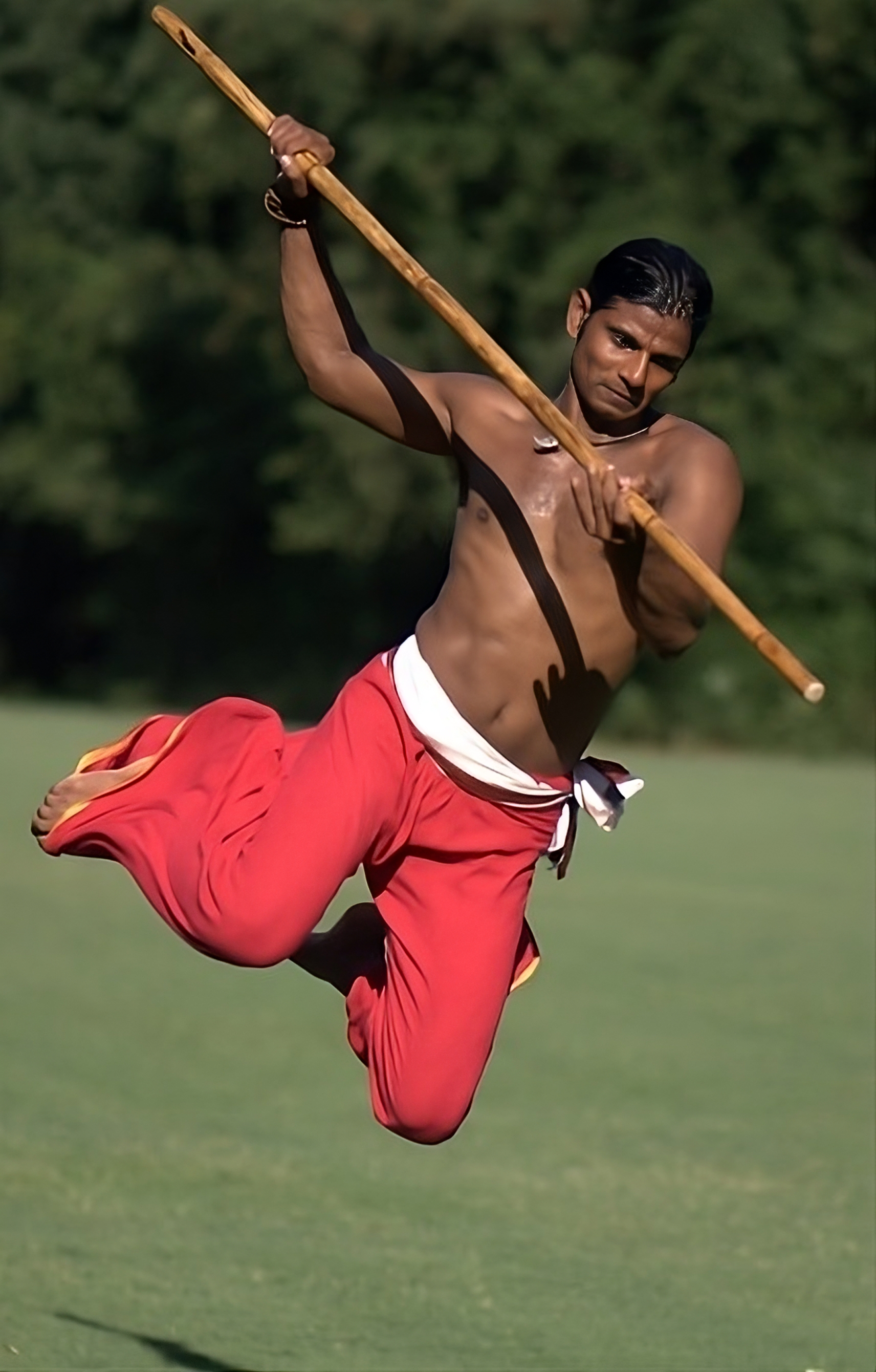


About JOTHISILAMBAM
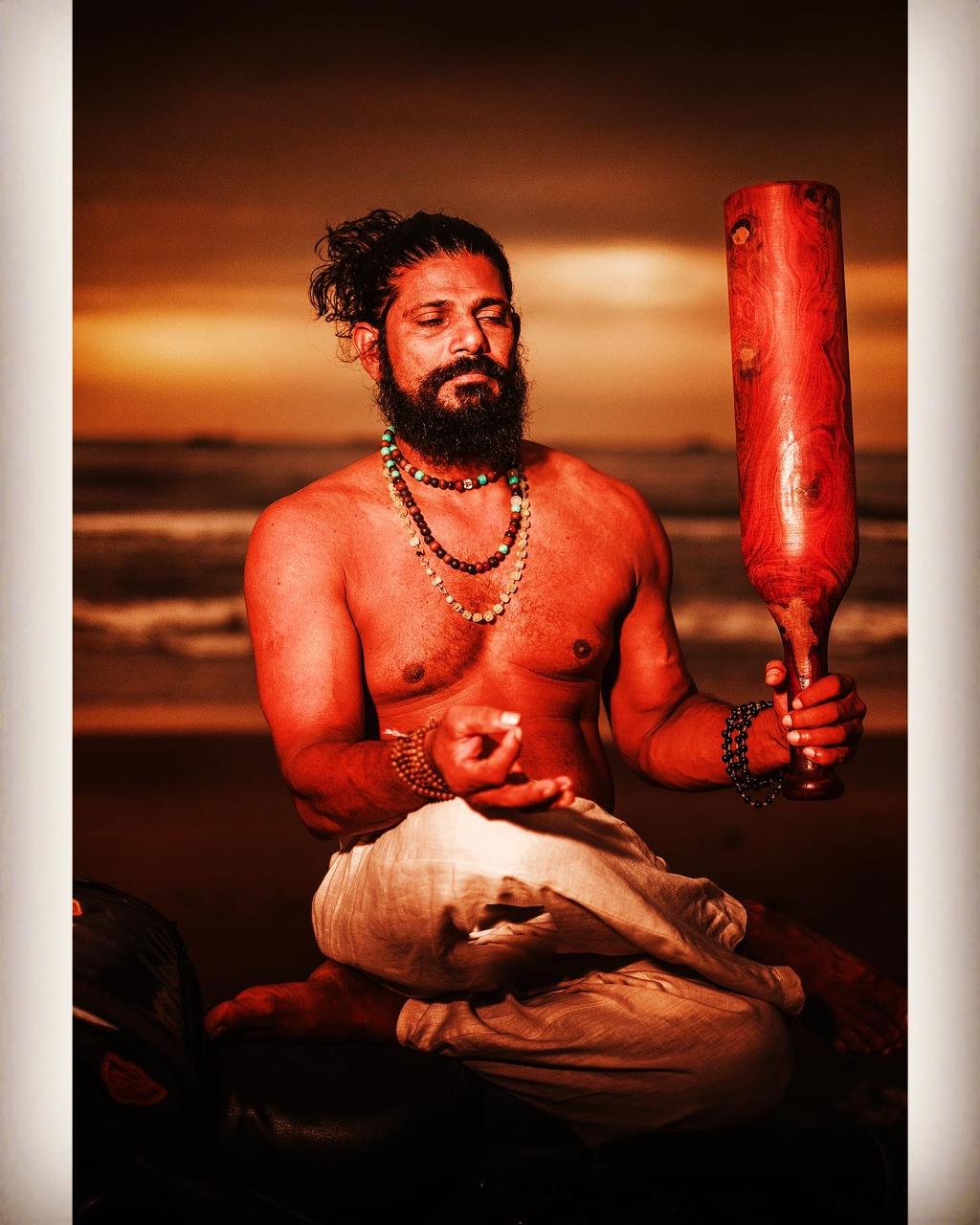
Grand Master (Aasan), Performer, International Referee and Coach Born in 1976, Jothi Senthil Kannan originates from Pondicherry, South India, where he has practised Silambam and Kuthuvarisai since the age of five. Initiated into these ancient Tamil martial arts by his paternal grandfather, Jothi has established himself as one of the most accomplished disciples of Silambam in India, and indeed the world, by pursuing a rigorous training routine and disciplined lifestyle. Based in Pondicherry, he frequently visits East Asia and Europe, where Silambam has become more appreciated. In 2004 and 2005 he performed at the prestigious International Festival of Martial Arts, Bercy, Paris, the only Indian national to do so. Jothi is the President and Founder of the International Silambam and Kuthuvarisai Federation; a national coach and referee of Silambam for Pondicherry State, the Indian Silambam Federation, and the Pondicherry Pankration Athlima Association.
In addition to teaching and performing martial arts, Jothi is a medical practitioner of the ancient Indian art of Siddha healing. He is registered with the Indian Board of Alternative Medicines, which is recognised by The United Nations University for Peace and The Open International University. Jothi now divides his time between his home in Pondicherry, and Singapore, where he also teaches, performs, and practises Siddha
healing.
Ancient weapons of war have evolved into weapons of display, with skilled exponents of the art employing swords, knives, animal horns, fire and bamboo sticks to dazzling effect. Silambam also incorporates elements of folk dance whereby sinuous movement is combined with determined rhythmic cycles. Percussion instruments such as the ‘Pombai’ and ‘Udukkai’ are often played to accompany demonstrations of this ancient martial art.


